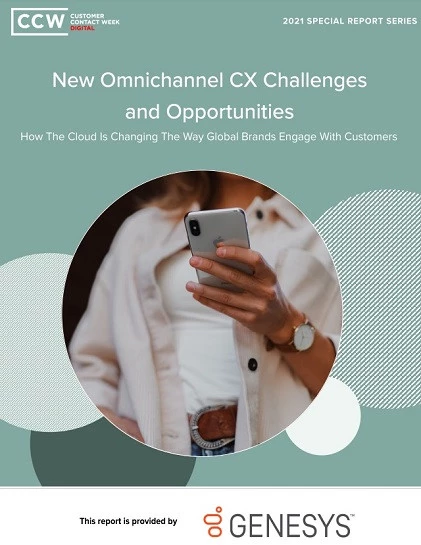HQ Trivia Restores Cash Prizes After Customers Complain
The popular game show app changed its policy in response to Voice of Customer
Add bookmarkPopular live game show app HQ Trivia has reinstated cash prizes after customers complained on Twitter and Reddit about the company’s decision to “experiment” with offering players points redeemable for in-game rewards over actual dollar payouts.
Taking your responses into consideration, we’re happy to announce that after tonight’s game we will return to offering cash prizes for every game of HQ 💰💰💰💰
— HQ Trivia (@hqtrivia) February 6, 2019
We’ll also be offering more ways for you to earn points to level up, so stay tuned ❤️
Despite prognostications by concerned/disgruntled players that the company was fending off financial demise, HQ claimed the change was an experiment in customer loyalty.
“We look to it as another way to win HQ,” Brandon Teitel, SVP of programming and partnerships at HQ, told The Verge. “I think a lot of people traditionally have thought that it’s really hard to win HQ, and it is. Not everyone is going to win the game, but getting credit for the questions that you got right feels really good.”
He added: “It’s definitely a loyalty play to incentivize people to come back.” After The Verge reported the change on January 23, HQ repealed it with a tweet just over two weeks later.
Over the course of each HQ “season” (a concept introduced in late 2018), players earn points with each correct answer. Accumulated points allow customers to bypass questions during every game within the season, including the final game with an inflated grand prize. The campaign theoretically increased player frequency (the more they play, the more points they earn) and player satisfaction (with sufficient points, the joy of winning becomes easier to attain). On the downside, with more people winning a share of the prize, the individual payouts shrank.
Early in the second season, HQ changed the format. It began to offer points, not cash, as the single-game prize. The winners would, as an example, split 1 million points instead of $5,000. The hook was that these players would markedly improve their odds of winning a share of the grand prize during the finale. Unfortunately, it also meant that single-game winners did not receive the instant gratification of winning cash.
Even though the points system ultimately allowed users to bag a larger prize, it didn’t equate to the instant gratification of winning a few dollars or less after a single game.
One Reddit commenter compared the cash prize revocation to the plight of MoviePass: “...too good to last and now reality is setting in,” wrote a user known as MyFriendNelly, referring to the movie subscription company being forced to raise prices and scale back user privileges after facing near-bankruptcy last summer. “Eventually you’ll just be playing for points that can be redeemed for HQ shirts and mugs (shipping and handling not included).”
Other ongoing gripes from customers include long wait times for games to start after receiving the mobile notification, and a three-minute introduction by host Scott Rogowsky involving promotions and inconsequential chitchat.
Another commenter pointed out the catch-22 inherent in HQ’s business model, where greater cash prizes are needed to retain players, but the promise of larger payouts draws a bigger crowd, which shrinks each player’s potential winnings. Customers have also bemoaned delayed or disabled payouts, where the cash button is grayed out, meaning users can’t tap it to have their winnings transferred to PayPal.
HQ reneges on stinginess to keep its customers
In a similar incident last year, HQ backpedaled one of its stingy moves in response to customer outrage. In January 2018 it dropped the $20 minimum required for people to withdraw cash prizes, meaning players could have money stuck in their account that they could only claim by winning multiple games.
Coupled with a 90-day time limit for users to collect their winnings, the system seemed rigged against players, even as the total cash pool ballooned from the initial $100-$250 to $10,000 and $20,000 per game as the app gained in popularity.
HQ’s bids for customer loyalty make sense given its ad-supported business model, where brands pay for game takeovers, with each broadcast watched by as many as 1.2 million people. Last May, NBC paid for a takeover of The Voice, where HQ players had the chance to win $50,000 and a trip for two to the show’s finale. Blake Shelton and Kelly Clarkson appeared alongside show host Scott Rogowsky. Warner Bros. reportedly paid $3 million to cover sponsored games for three movies.
The company’s habit of constantly changing its policies in a bid to strike a balance between its bottom line while retaining enough players to keep the platform attractive for advertisers begets the classic struggle between cost management and maintaining a satisfying customer experience. But the company’s shakiness around who it is, what it offers and its underhanded stinginess is also driving customers away.




















